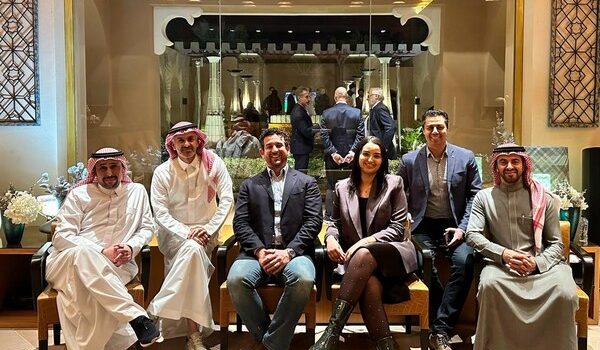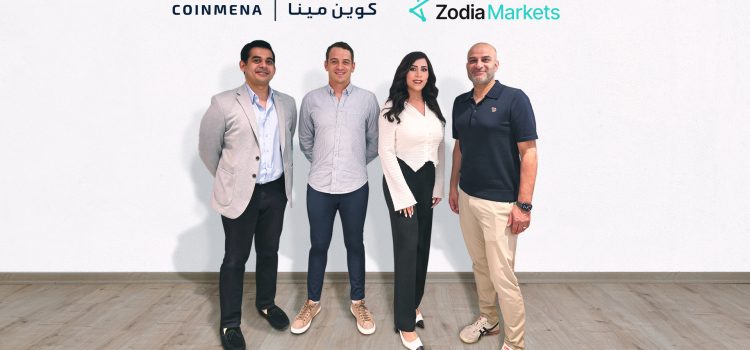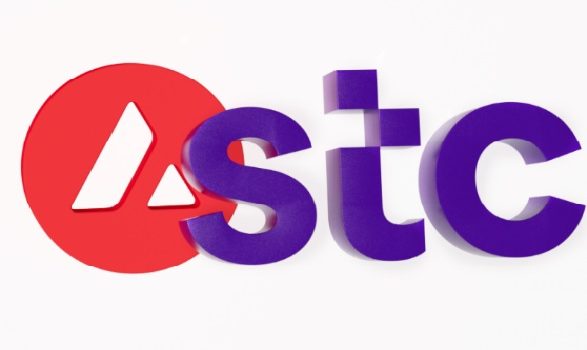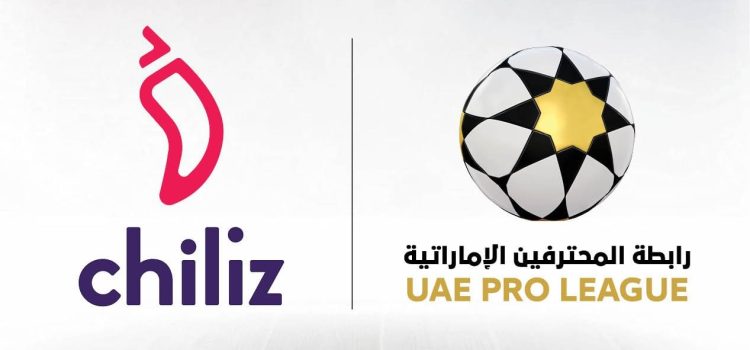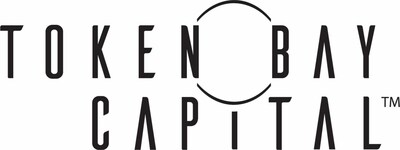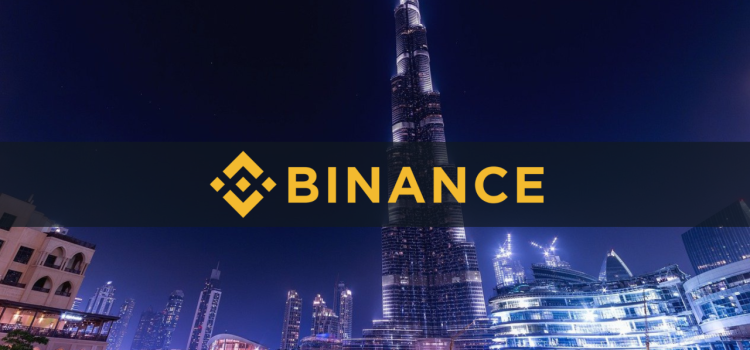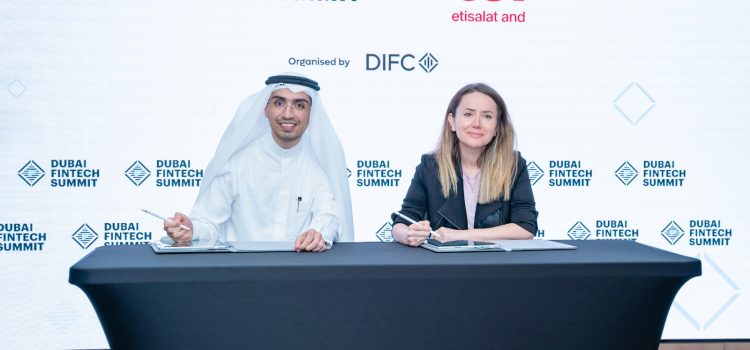
Startup Wise Guys, one of the most active accelerator funds in Europe and Africa, investing in Web3, SaaS, Fintech, cybersecurity, XR, sustainability, and Proptech verticals in more than 60 countries, has partnered with Saudi Arabia’s SEEDRA Ventures and under the sponsorship of KSA’s National Technology Development Program (NTDP), launch of the first Construction Tech Specialized Fund and Accelerator Program in Saudi Arabia.
The Construction Tech specialized fund, spearheaded by Startup Wise Guys, boasts two seasoned General Partners, Jourdan Younis and Aya Zaghnin. “We are thrilled to pioneer this transformative venture in Saudi Arabia’s burgeoning startup ecosystem,” remarks Jourdan Younis, General Partner, highlighting the fund’s commitment to driving meaningful change through technology.
“Aligned with the pivotal projects of Saudi Vision 2030, We are steadfast in our commitment to nurturing an environment primed for innovation and expansion within a sector craving transformative advancements, cost efficiencies, and scalability. Our aim is to actively contribute to providing cutting-edge technologies within the sector, fostering the growth and development of built assets in Saudi Arabia.” adds Aya Zaghnin, emphasizing the fund’s alignment with the nation’s vision for economic diversification and technological advancement.
The collaboration between Startup Wise Guys and SEEDRA Ventures marks a new update in Saudi Arabia’s startup ecosystem as well as its impact in the global startup ecosystem. The partnership combines Startup Wise Guys’ extensive experience as one of the most active accelerator funds in Europe and Africa with SEEDRA Ventures’ deep understanding of the Saudi Arabian market.
This initiative is further bolstered by the partnership between Startup Wise Guys and WZMH. WZMH will be working towards establishing a first satellite research and development lab – Sparkbird – in Riyadh and will focus on developing existing technologies for implementation in MENA and starting several new concepts working closely with government, private industry, and the educational sector in Saudi Arabia.
“The collaboration with SWG paves the way for bringing Sparkbird’s innovations, particularly those tailored for the Saudi construction market, into new partnerships with local institutions. Our inventions, including recent developments inspired by Saudi Arabia’s unique VISION 2030, align with the region’s demand for advanced Proptech and Contech solutions. This initiative represents a critical juncture where our commitment to smart building technologies and the specific requirements of Saudi Arabia meet, promising real groundbreaking advancements in the sector.” noted Mohammed Al Atheri and Zenon Radewych from WZMH about the initiative.
Accompanying the fund, Startup Wise Guys will be introducing their signature accelerator program in the region, which includes Web3. “With our extensive experience and robust network, we are poised to empower entrepreneurs and innovators in the Construction Tech space,” states Cristóbal Alonso, CEO at Startup Wise Guys, underscoring the accelerator program’s dedication to supporting startups in their growth journey.
Haitham Alforaih, Founding Partner at SEEDRA Ventures added “Saudi Arabia exemplifies the transformative power behind rapid development, and its construction sector serves at the forefront of this extraordinary progress. With substantial investments in infrastructure and mega-projects including NEOM and the Red Sea Development Project, the Kingdom is witnessing constant growth in construction activities. This growth presents opportunities for construction companies, specializing in cutting-edge technologies that increase productivity, improve safety and coordination, to support the Kingdom’s transformative era.”
Startups participating in the Accelerator Program will also have the opportunity to collaborate with experts and mentors from Startup Wise Guys’ extensive network, gaining valuable insights and guidance to scale their businesses globally.
The program which will include investments in Web3 startups, will be launched in Q3 of 2024. More information on how to apply will be launched soon.
This announcement comes after The Hashgraph Association partnership with the Ministry of Investment in KSA to launch a deep tech venture studio.








